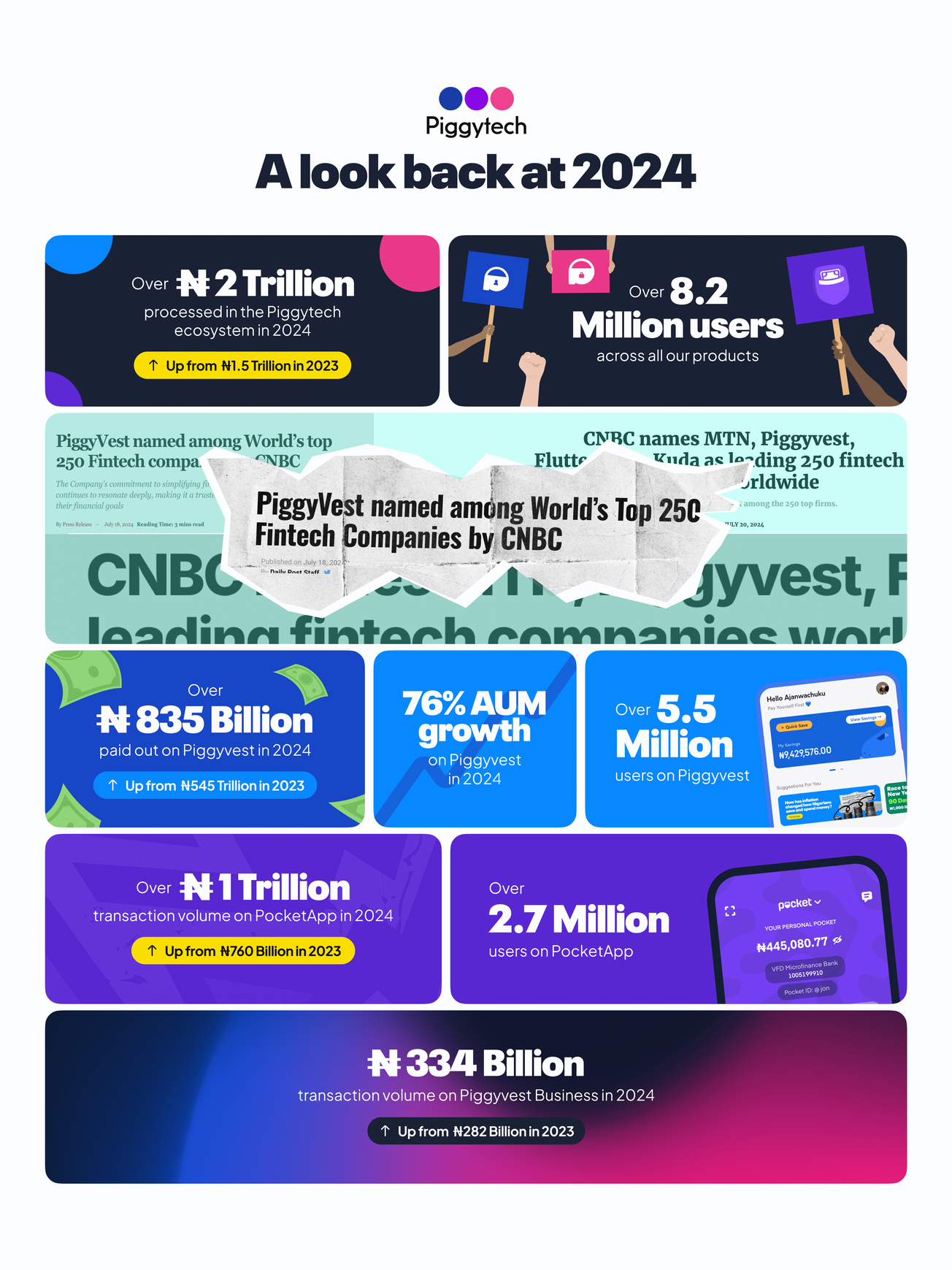Data from the National Bureau of Statistics reveals Nigeria’s unemployment rate as at the second quarter of 2020 is 27.1% indicating that about 21,764,614 (21.7 million) Nigerians remain unemployed.
Nigeria’s unemployment and underemployment rate (28.6%) is a combined 55.7%. This means the total number of Nigerians who are unemployed or underemployed as at 2020 Q2.

The data also reveals the worst-hit are Nigerian youths with over 13.9 million currently unemployed. In Q3 2018, the last time the report was released there were about 13.1 million Nigerian youths unemployed. Youth between the ages 15-24 have about 6.8 million Nigerians out of jobs and another 7.1 million also unemployed.
Key highlights
- The highest unemployment rate was recorded for youths between 15 – 24 years 40.8%,
- This is followed by ages 25 – 34 years at 30.7%.
- NCE/OND and Nursing recorded an unemployment rate of 30.8%
- The unemployment rate amongst second-degree holders (M.Sc/MS/MAdm) stood at 22.9%
- Unemployment rate as classified by Doctorate degree holders is 23.3%
The NBS also reports Nigeria’s youth population eligible to work is about 40 million out of which only 14.7 million are fully employed and another 11.2 million are unemployed. A high youth unemployment rate is synonymous with increased insecurity and poverty a situation that is also seen as a ticking time bomb.
To put things into context, Nigeria’s unemployed youth of 13.1 million is more than the population of Rwanda and several other African countries. Youth Population is also about 64% of total unemployed Nigerians suggesting that the most agile working-class population in the country remains unemployed.
The Covid-19 pandemic has also worsened the economic condition in the country making it even harder for employers to create more jobs. The private sector has relied on cutting jobs in the guise of downsizing and right sizing to reduce overheads and stay afloat.









